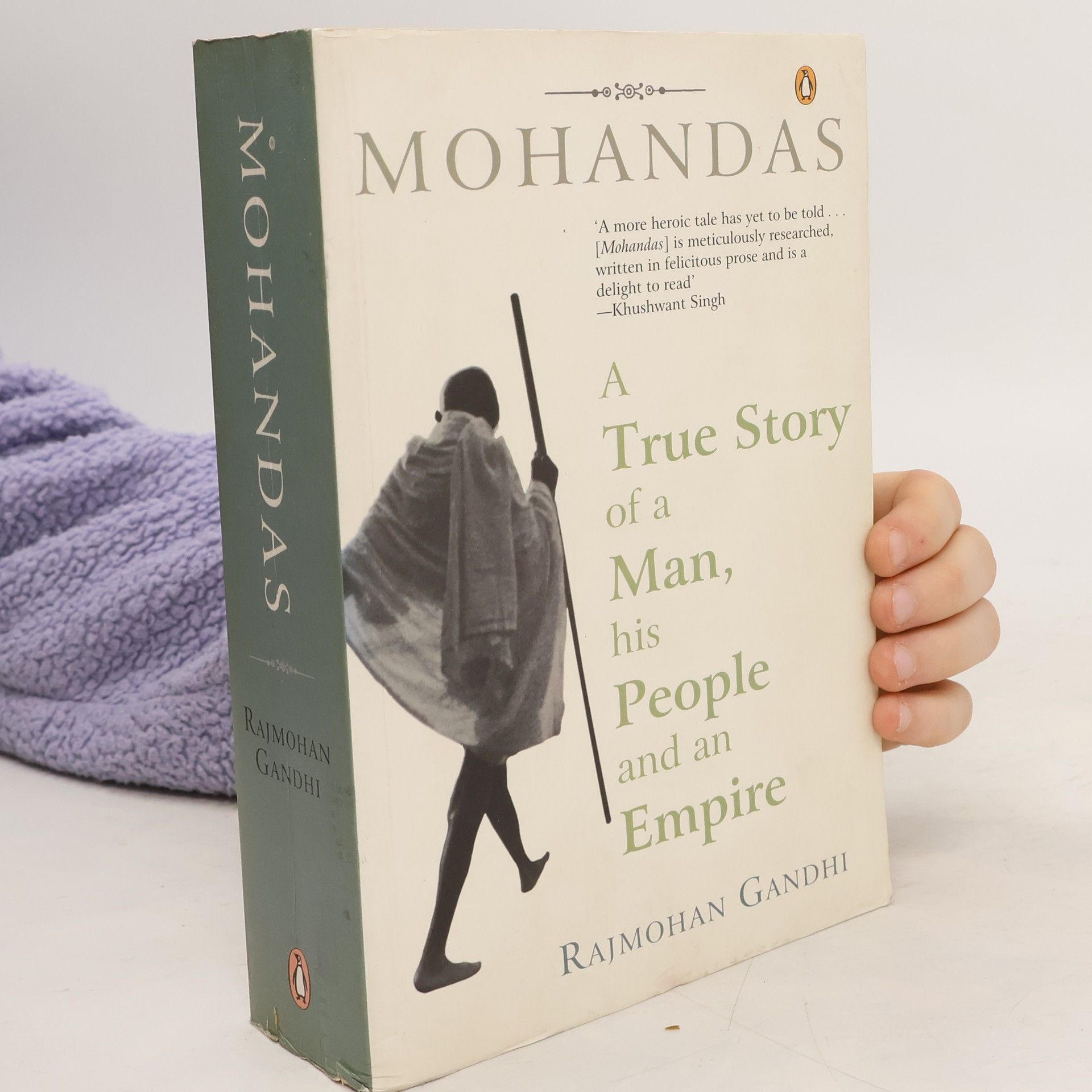Mohandas
- 760pages
- 27 heures de lecture
Biography of Mahatma Gandhi, 1869-1948, nationalist, political leader and statesman from India
Rajmohan Gandhi, petit-fils de Mahatma Gandhi, est un biographe dont l'œuvre explore la vie de figures centrales de l'histoire et de la politique indiennes. Il examine de manière critique les relations complexes entre diverses communautés, abordant les thèmes de l'identité, de la paix et de la non-violence. Les écrits de Gandhi reposent sur une profonde compréhension des contextes historiques et des complexités éthiques. Ses analyses offrent des perspectives précieuses sur la vie et l'esprit de ceux qui ont façonné l'Inde moderne.




Biography of Mahatma Gandhi, 1869-1948, nationalist, political leader and statesman from India
Born Into The Muhammadzai Tribe, From The Charsadda Valley In The Pakhtun Heartland, Khan Abdul Ghaffar Khan Was A Passionate Believer In The Nonviolent Core Of Islam And Sought To Wean His People&Mdash;The Fierce Warrior Pakhtuns Or Pathans Of The North-West Frontier Province&Mdash;From Their Violent Traditions And Fight For A Separate Pakhtun Homeland That Would No Longer Be A Buffer Between Russia And Britain In The Great Game. In 1929 Came Mahatma Gandhi&Rsquo;S Call For Nonviolent Resistance Against British Rule And Badshah Khan, Responded By Raising The Khudai Khidmatgars (&Lsquo;Servants Of God&Rsquo;), An &Lsquo;Army&Rsquo; Of 1,00,000 Men Who Pledged Themselves To The Service Of Mankind And Nonviolence As A Creed. For This, And For His Steadfast Devotion To His Principles, This Towering Figure Was Imprisoned For A Total Of Twenty-Seven Years, First By The British And Later By The Pakistani Government. This Is A Perceptive Biography That Offers Fresh Insights Into The Life And Achievements Of An Extraordinary Man, Drawing Close Parallels With The Life Of Mahatma Gandhi, His &Lsquo;Brother In Spirit&Rsquo;.
Exploring the theme of kinship beyond biological ties, this book delves into the connections formed through shared experiences and emotional bonds. It highlights how relationships can transcend traditional family structures, emphasizing the importance of community and chosen families in shaping identity and belonging. Through various narratives and perspectives, the author illustrates the profound impact of these connections on individuals' lives, encouraging readers to reflect on their own relationships and the meaning of family in a broader sense.